Brass Valves: Durable and Reliable Solutions for Efficient Fluid Control
Brass valves are essential components used to regulate, direct, and control the flow of liquids and gases in various systems.
Known for their durability, corrosion resistance, and excellent performance, brass valves are widely used in industries such as plumbing, gas systems, HVAC, manufacturing, and more.
Their versatility and cost-effectiveness make them a preferred choice for both industrial and domestic applications.
What Are Brass Valves?
Brass valves are mechanical devices made from brass, an alloy of copper and zinc. These valves are designed to control the flow of fluid through a system by opening, closing, or partially obstructing the passageway.
Key features of brass valves include:
- Corrosion Resistance: Brass resists rust and deterioration, even in environments with moisture or chemicals.
- Strength and Durability: The alloy can withstand high pressures and temperatures without deforming.
- Malleability: Brass allows for precision machining, enabling the production of complex valve designs.
- Aesthetic Appeal: Brass has a polished and attractive appearance, making it suitable for visible installations.
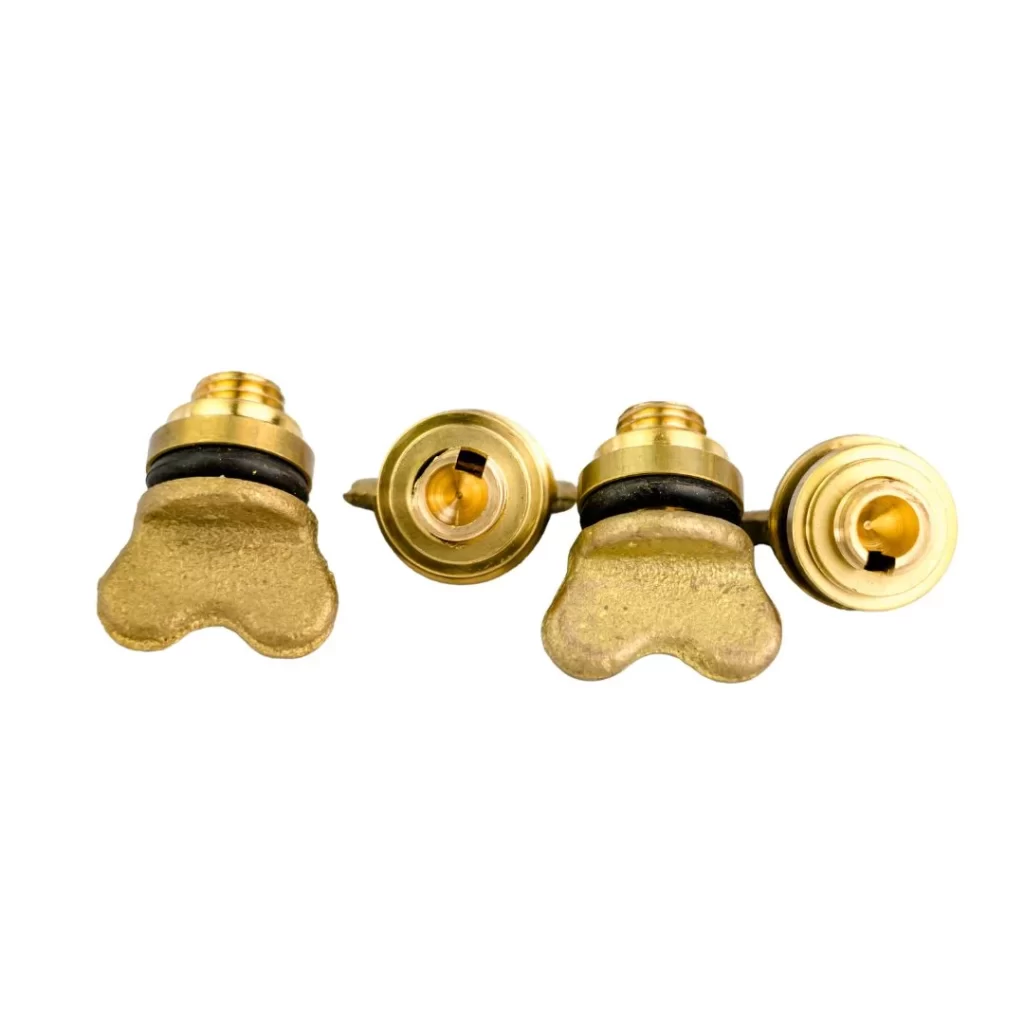
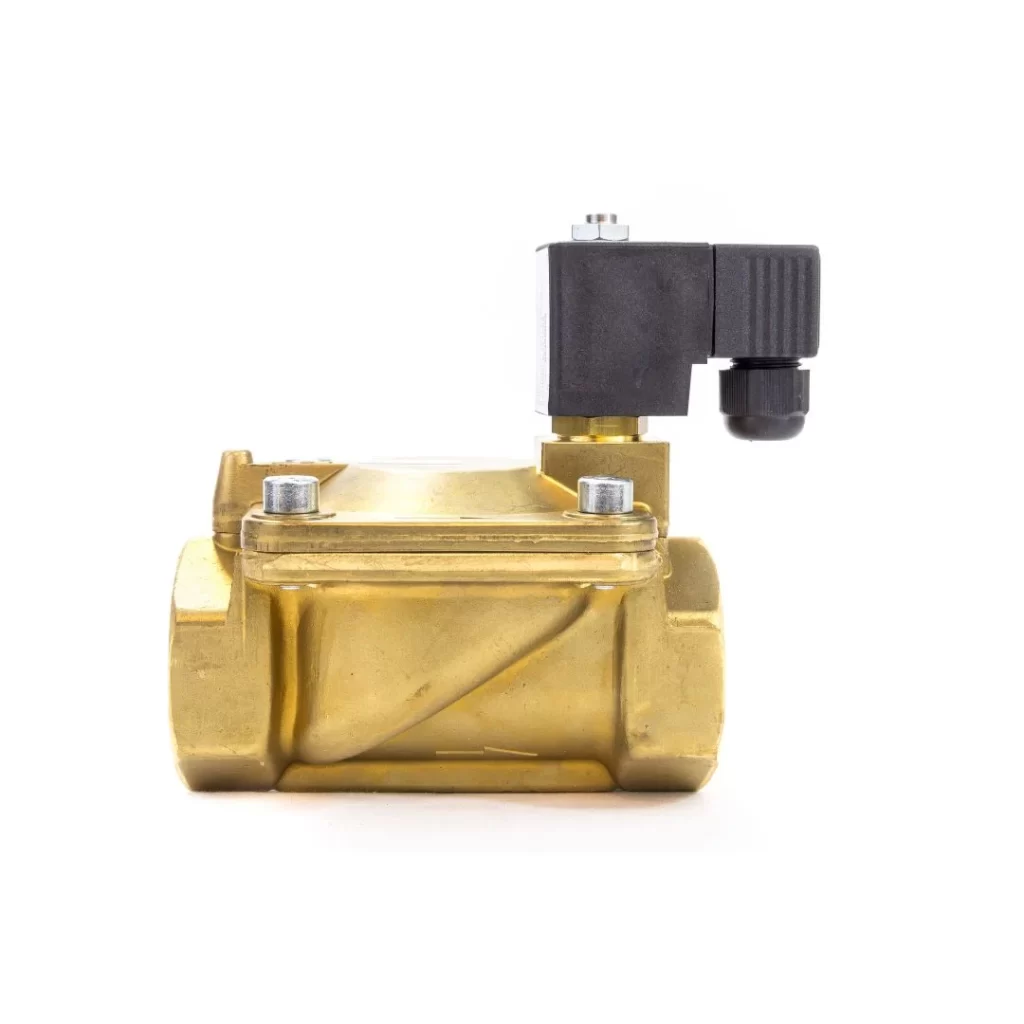
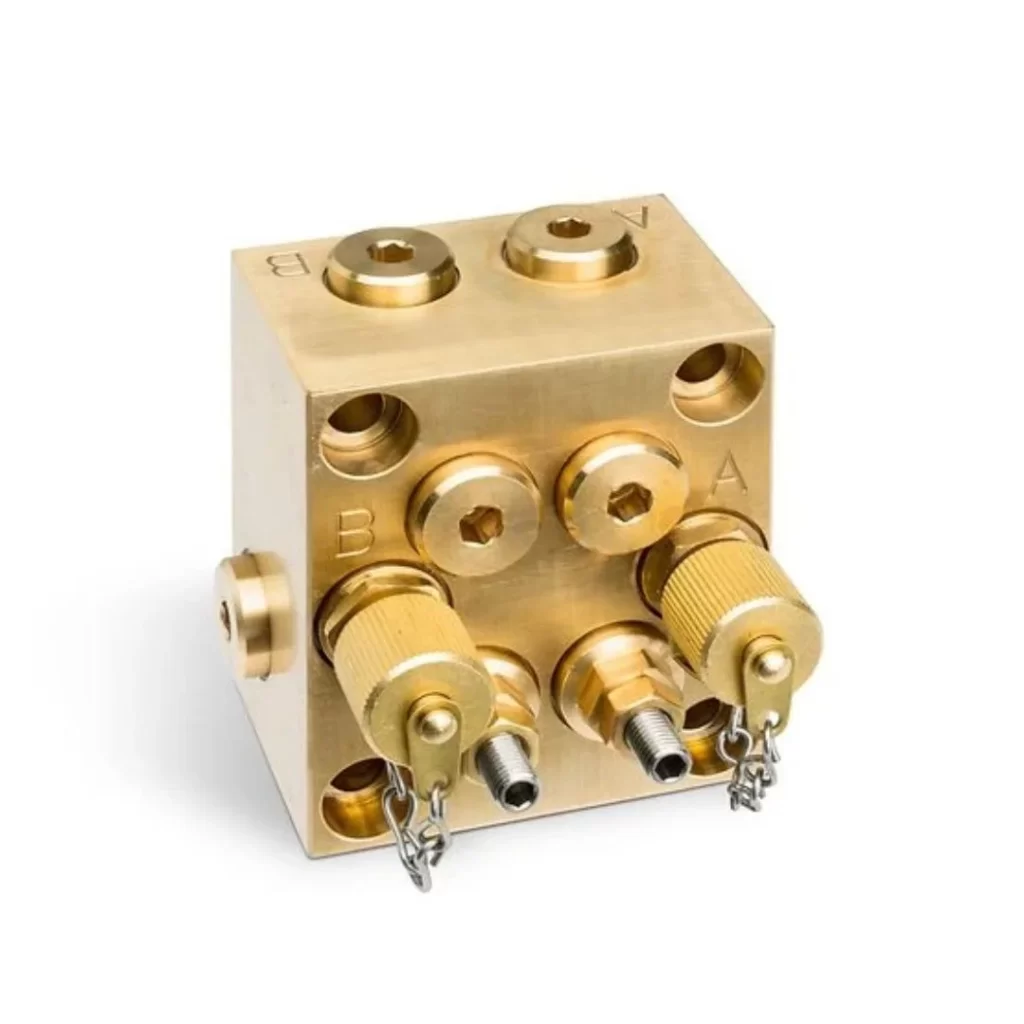
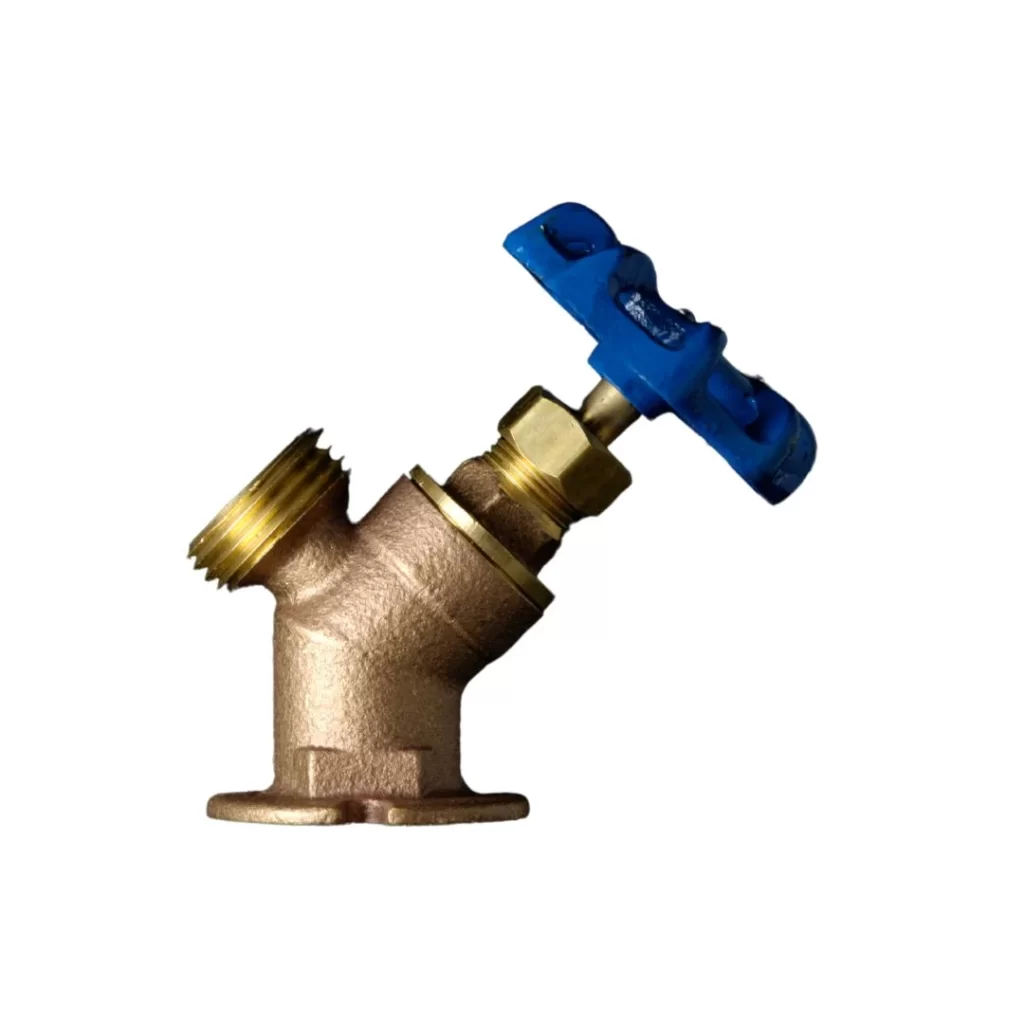
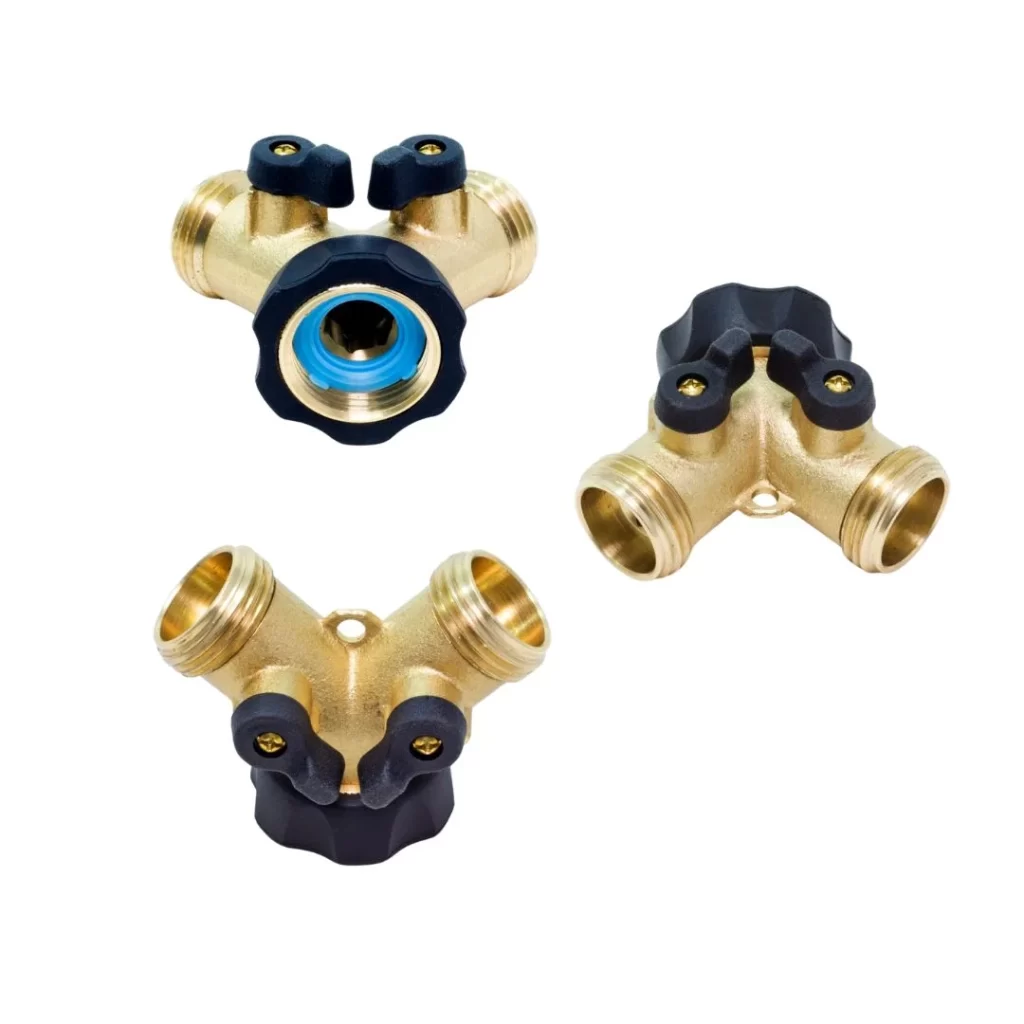
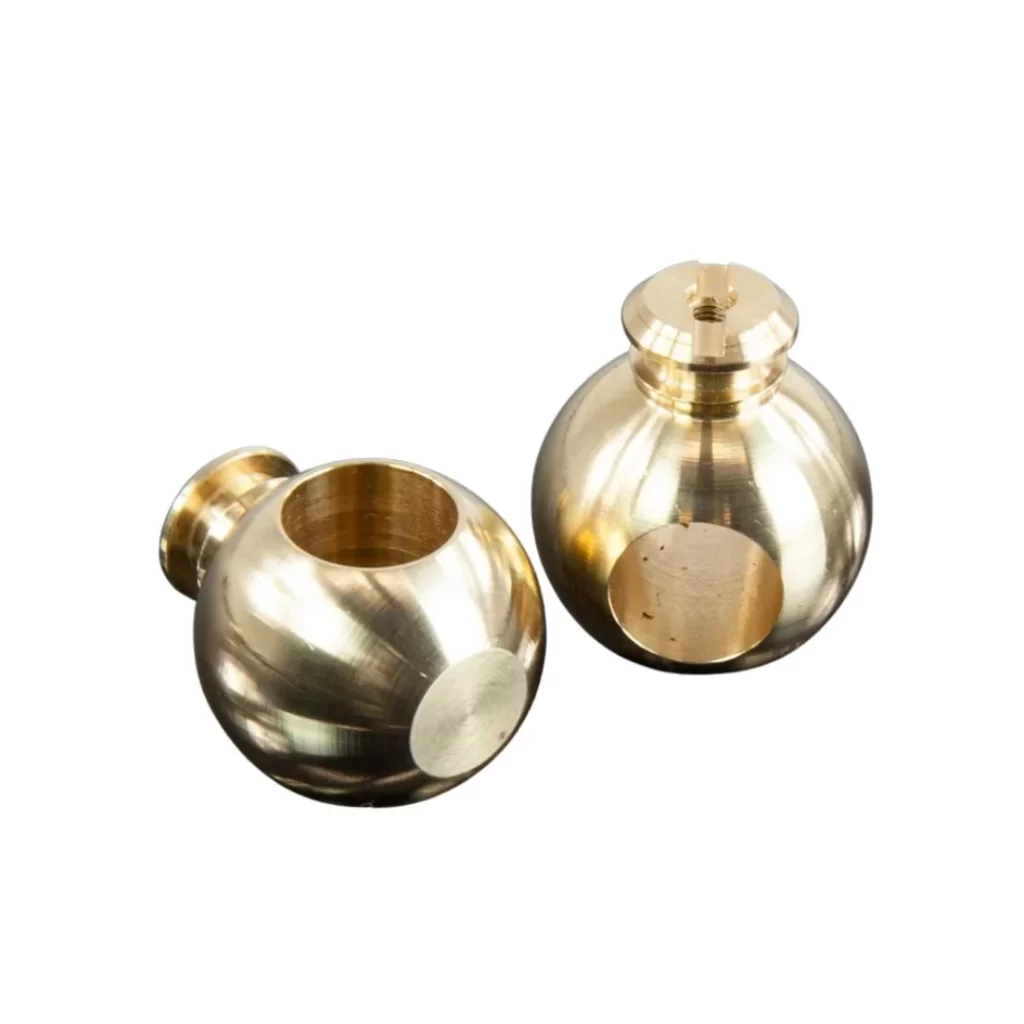
Types of Brass Valves
Brass valves come in various designs, each tailored to specific applications and functionalities:
1. Ball Valves
- Use a spherical ball with a hole to control the flow.
- Offer a quick shut-off mechanism.
- Commonly used in plumbing, gas lines, and industrial systems.
2. Gate Valves
- Feature a sliding gate to regulate fluid flow.
- Ideal for applications requiring full open or full close operations.
- Suitable for water, oil, and gas systems.
3. Check Valves
- Allow fluid to flow in one direction while preventing backflow.
- Essential in systems where reverse flow could cause damage or inefficiency.
4. Angle Valves
- Designed for 90-degree turns in pipelines.
- Commonly used in residential plumbing and water supply systems.
5. Globe Valves
- Regulate flow by adjusting the position of a movable disc.
- Provide precise flow control and are used in steam, oil, and gas applications.
6. Needle Valves
- Allow for fine adjustments in fluid flow.
- Ideal for systems requiring precise control, such as instrumentation and calibration.
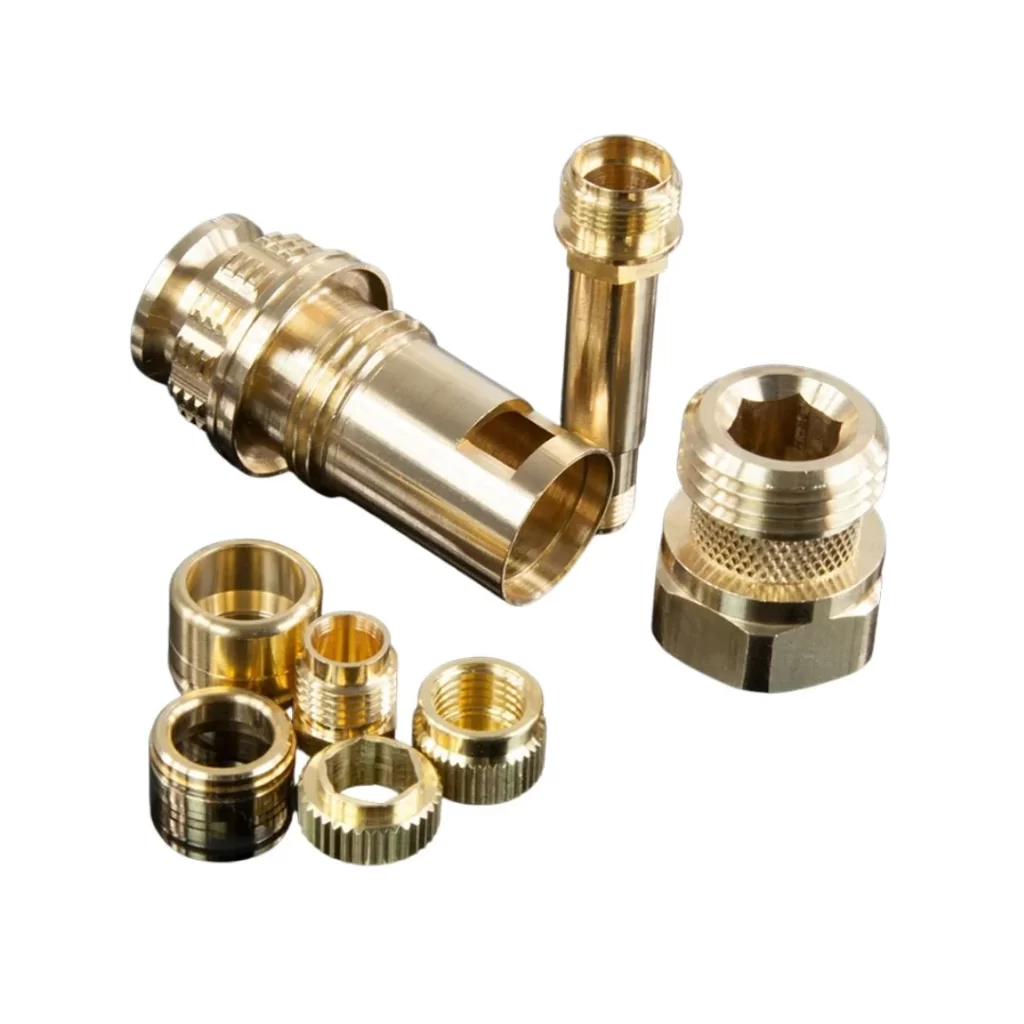
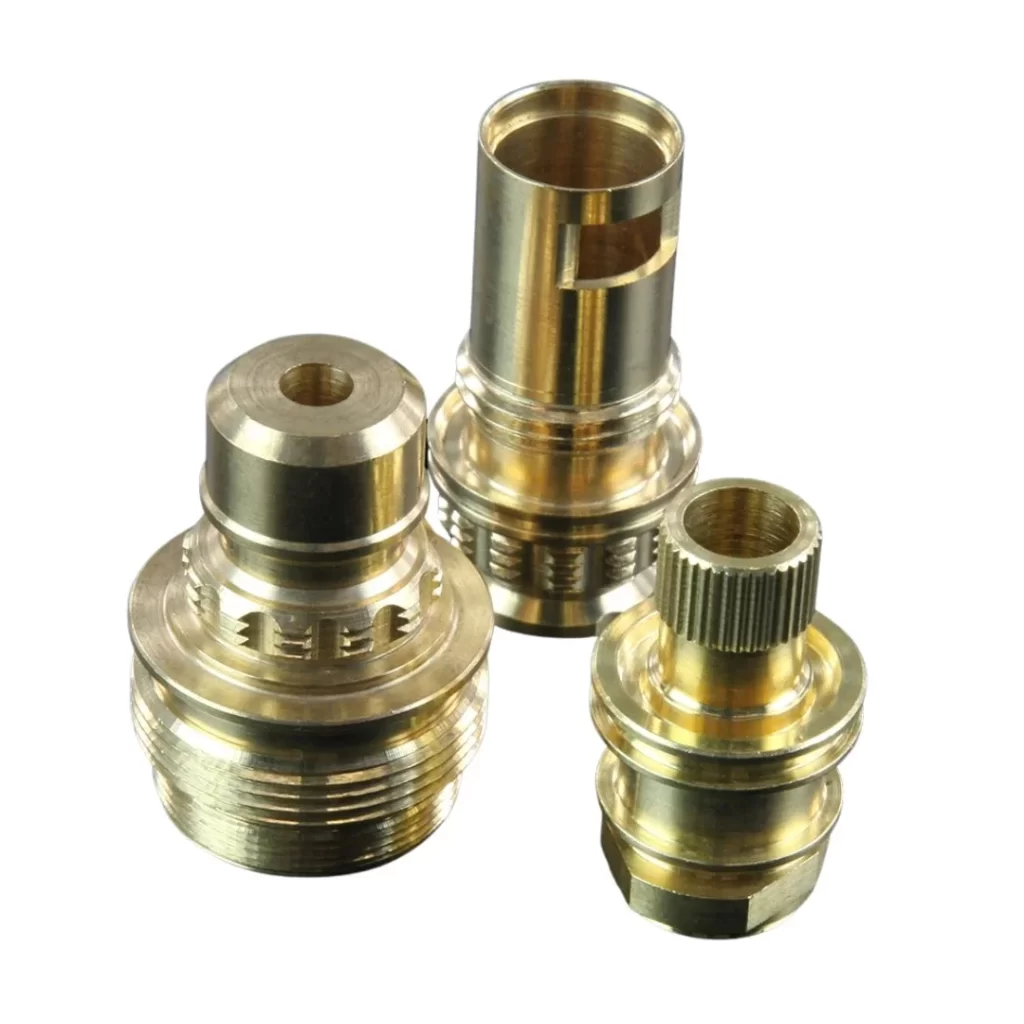
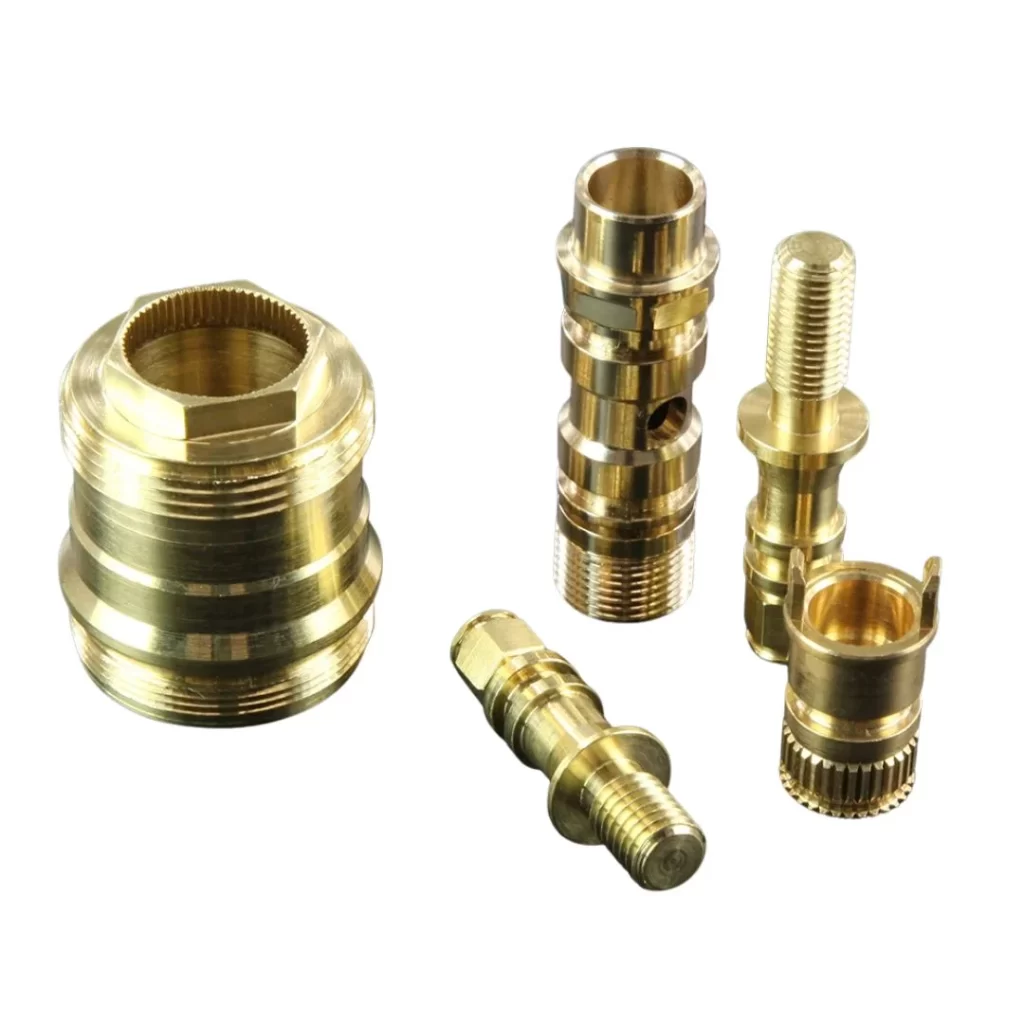
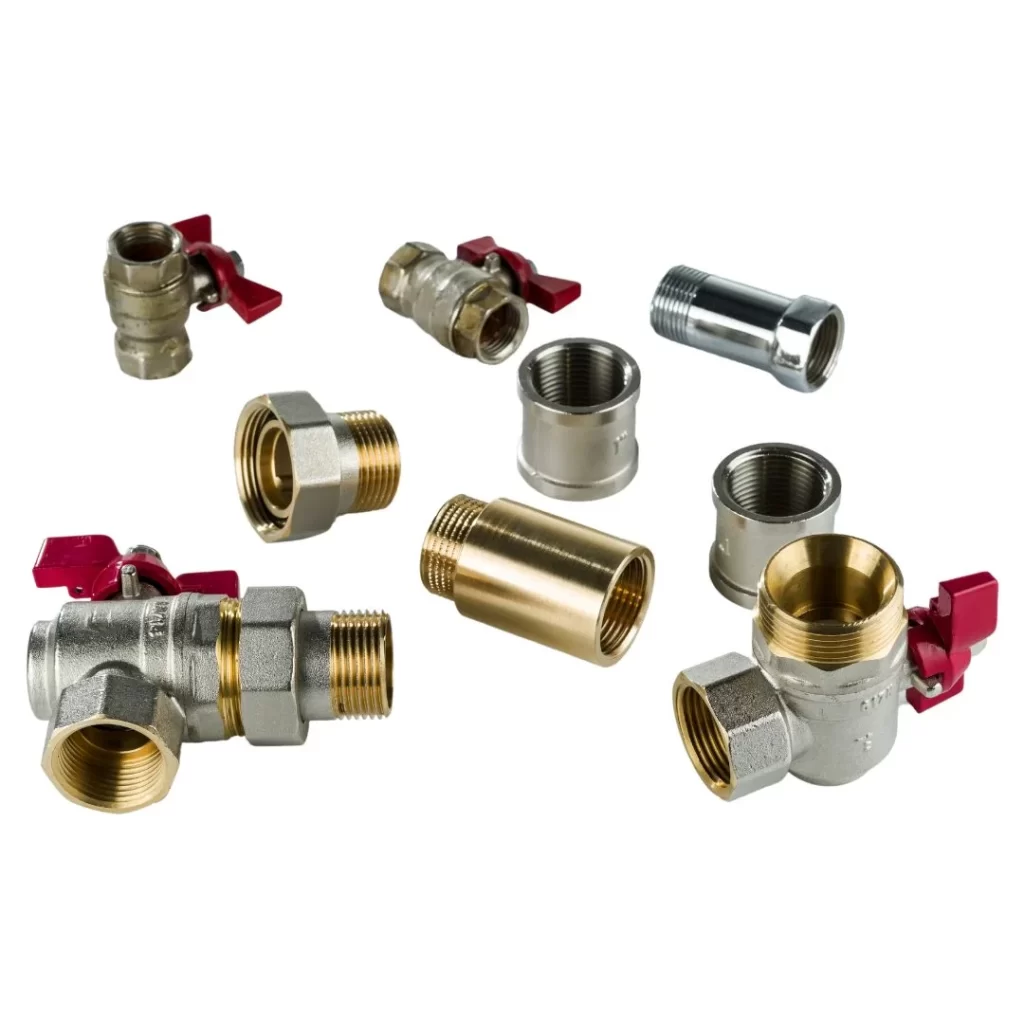
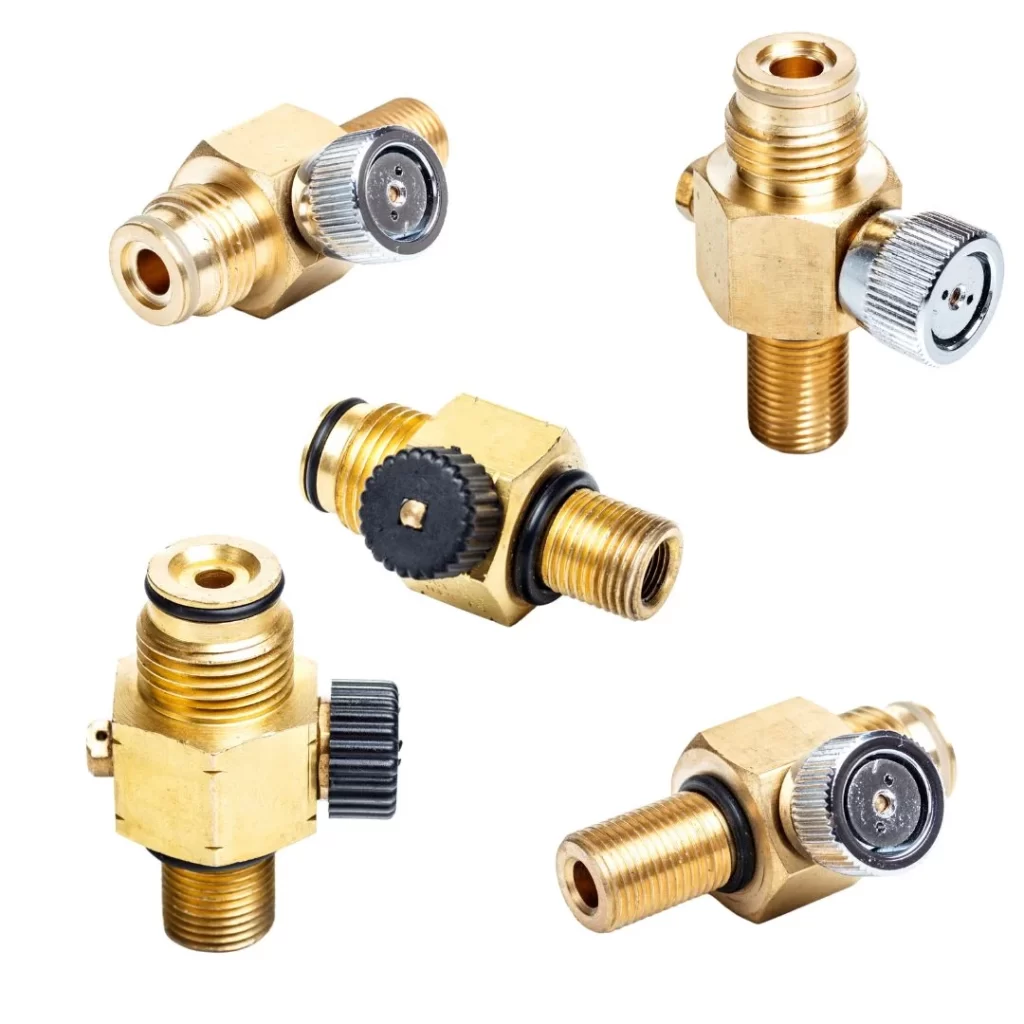
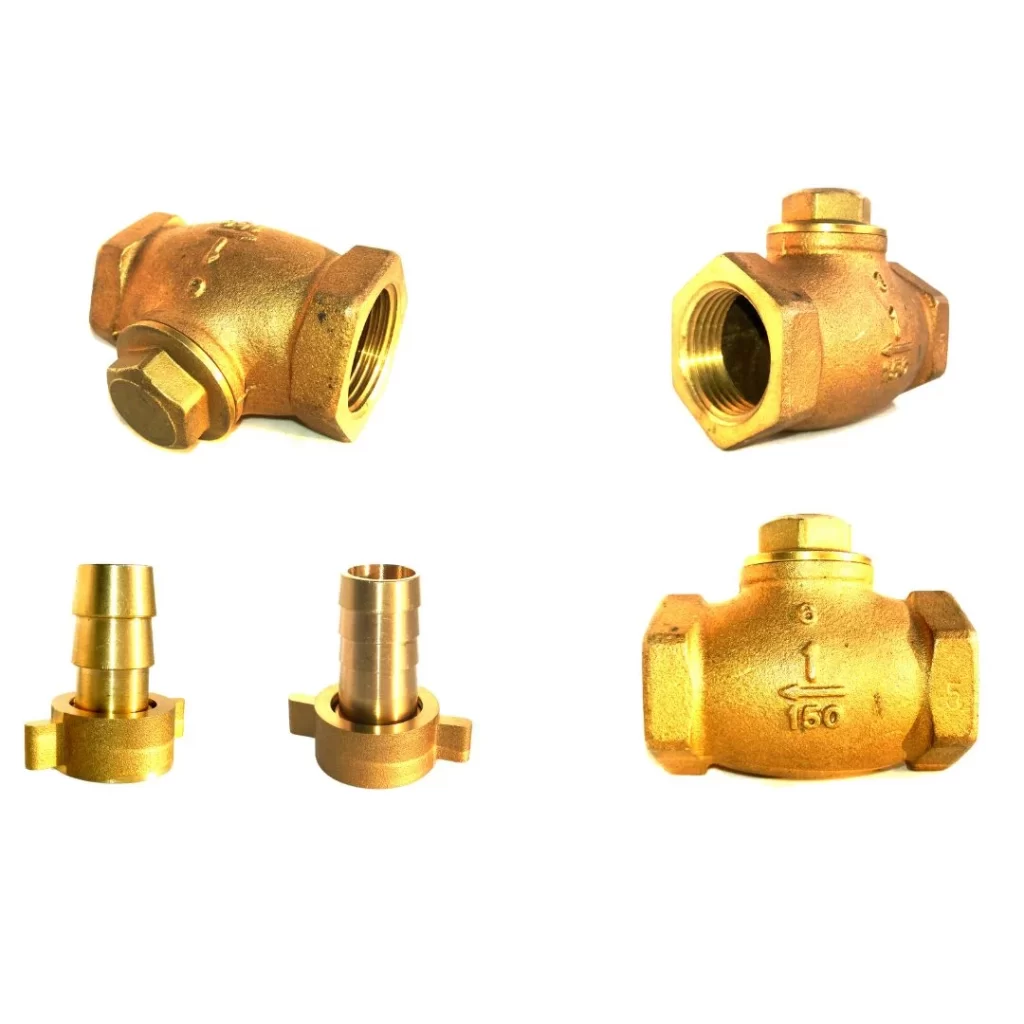
Applications of Brass Valves
Brass valves are used across a wide range of industries due to their adaptability and reliability:
- Plumbing Systems: Regulate water flow in residential and commercial pipelines.
- Gas Systems: Control the flow of natural gas, propane, and other gases.
- HVAC Systems: Manage the flow of refrigerants and coolants in heating and cooling systems.
- Irrigation: Used in agricultural and landscape irrigation setups.
- Industrial Applications: Control fluids in manufacturing processes, chemical handling, and oil refining.
- Marine Industry: Provide corrosion-resistant solutions for watercraft and offshore platforms.
Benefits of Brass Valves
Brass valves offer numerous advantages, making them a top choice for fluid control systems:
- Long Lifespan: Resistant to corrosion and wear, ensuring extended service life.
- High Performance: Can handle high pressures and temperatures effectively.
- Versatility: Suitable for use with water, air, oil, gas, and other fluids.
- Cost-Effective: Offers excellent value due to its durability and low maintenance requirements.
- Easy Installation: Lightweight and compact, making installation and maintenance straightforward.
- Eco-Friendly: Brass is a recyclable material, making it an environmentally conscious choice.
How to Choose the Right Brass Valve
When selecting a brass valve for your system, consider the following factors:
- Application Requirements: Determine the type of fluid and operating conditions (pressure, temperature, etc.).
- Valve Type: Choose the design that best suits your control needs (e.g., ball, gate, check, etc.).
- Material Specifications: Ensure the valve meets industry standards and is compatible with the fluid being controlled.
- Size and Fit: Select a valve that matches your system’s dimensions and flow requirements.
- Quality and Certification: Opt for valves manufactured by trusted brands that comply with international standards.
Conclusion
Brass valves are an indispensable component in fluid control systems, offering unmatched durability, reliability, and versatility.
Their corrosion resistance, strength, and compatibility with various fluids make them a preferred choice for both industrial and domestic applications.
Whether you’re managing a residential plumbing system, an industrial process, or a gas line, brass valves provide a cost-effective and long-lasting solution.
By choosing high-quality brass valves that meet your specific needs, you can ensure efficient and reliable operation across a wide range of applications.